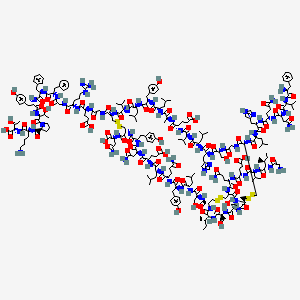Insulin Information
Click here to view all Insulin productsThe information, including but not limited to, text, graphics, images and other material contained on this website are for informational purposes only. No material on this site is intended to be a substitute for the consultation, diagnosis, and/or medical treatment of a qualified physician or healthcare provider.

Insulin is a hormone produced by the pancreas that plays a crucial role in regulating blood sugar levels. It allows cells in the body to take in glucose (sugar) from the bloodstream and use it as a source of energy.
When we consume food, especially carbohydrates, the body breaks down these carbohydrates into glucose. This glucose is then released into the bloodstream, causing blood sugar levels to rise. In response, the pancreas releases insulin into the bloodstream.
Insulin acts as a key that unlocks the cells, allowing glucose to enter and be used for energy production. It also helps store excess glucose in the liver for later use. This process helps maintain stable blood sugar levels.
In individuals with diabetes, either the pancreas does not produce enough insulin (Type 1 diabetes) or the body's cells become resistant to the effects of insulin (Type 2 diabetes). As a result, glucose cannot enter the cells effectively, leading to high blood sugar levels.
To manage diabetes, individuals may need to take insulin injections or use insulin pumps to supplement their body's insulin production. This helps regulate blood sugar levels and prevent complications associated with high blood sugar, such as damage to the kidneys, eyes, and nerves.

